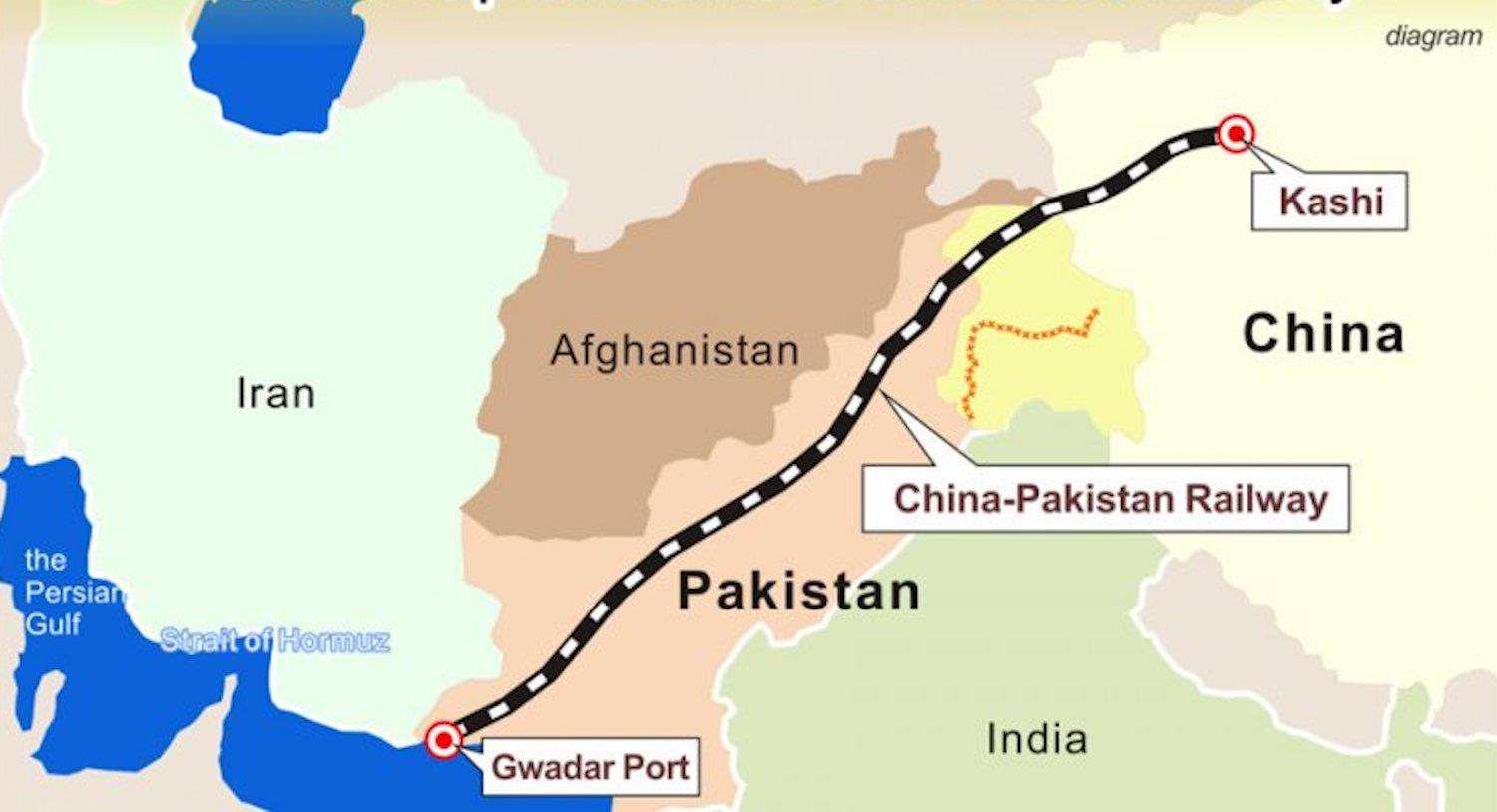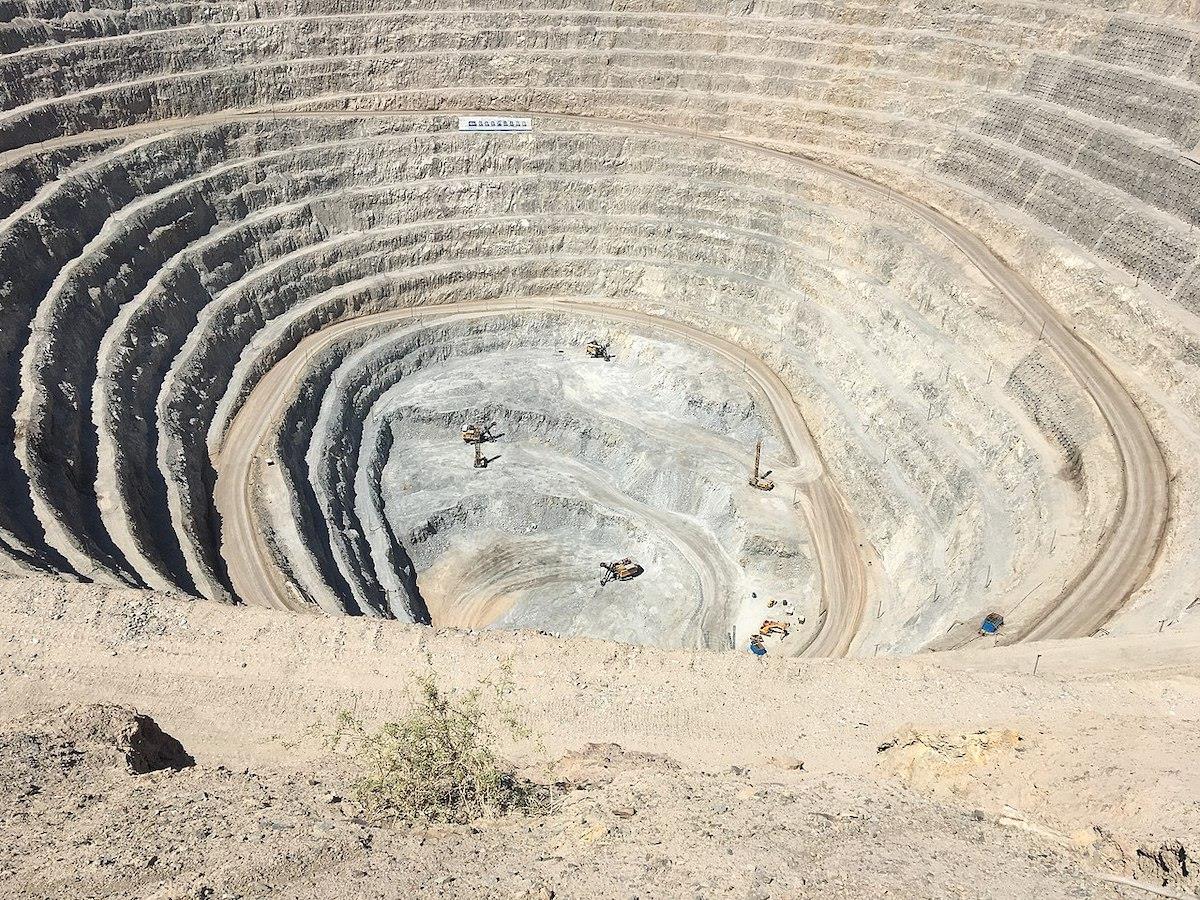(MENAFN- Asia Times)
PESHAWAR – Despite facing looming security threats in Pakistan, China has taken a 15-year extension of its leasing rights on a gold and copper mine project in restive Balochistan province, an area that saw militant terrorist attacks on army bases in recent days.
A 15-year extension of the lease between Saindak Metals Limited (SML) of Pakistan and the Metrological construction Company of China (MCC) for the Saindak Copper-Gold Project was cleared by the cabinet on February 9.
The lease contract had been valid until October 31, 2022, but it now expires in 2037.
Although China has long expressed its frustration at the lack of security there for Chinese workers, Beijing has not cut back its economic involvement in Pakistan.
Nor has it called back Chinese staff involved in various projects and joint ventures in Pakistan after militant groups carried out attacks on businesses and Chinese nationals.
Those attacks include the Dasu hydropower plant last year, in which nine Chinese engineers were killed in Pakistan's northwestern Kohistan region.
Despite the rising security threats, China continues to add staff to both the China-Pakistan Economic Corridor (CPEC) and non-CPEC projects, according to sources familiar with the situation.
A survey carried out in November 2017 by the ministry of planning revealed that the CPEC has raised the number of Chinese nationals in Pakistan from 20,000 in 2013 to 60,000 in 2017.
Independent business groups who spoke with Asia Times about their estimates put the present figure at 400,000. Asia Times could not independently confirm that figure.
Similarly, Fortune Global 500 – a body that publishes rankings of the top 500 companies worldwide – said in its latest report that more than half the 143 Chinese companies on its list have operations in Pakistan.

Pakistan provides a vital link for Chinese goods. Map: WikiCommons
Rich mineral deposits
Analysts believe China has its eye on the vast mineral potential of Pakistan's Balochistan province. The companies, they note, have stayed put despite renewed anti-China sentiment in the restive region.
Ayesha Siddiqa, a Pakistani political scientist, commentator and author who serves as a research associate at the SOAS South Asia Institute, told Asia Times there were two main reasons for China's staying power amid growing militant hostility.
“Firstly, because Balochistan is rich in mineral deposits and Beijing needs Balochistan's resources including gold, copper, iron, silver, lead, zinc, barite and chromite for its industrial use, and secondly, Beijing has a geopolitical interest in Balochistan where it already built a strategic seaport in Gwadar,” she said.
Siddiqa said Pakistan had little or no expertise in the mining sector, which left the government dependent on the Chinese as well as Australian mining firms.“The Chinese got a major share in the profit with relatively little investments in the minefields,” she added.
She said Pakistan's senior-level military circles, which are in direct contact with Beijing, had assured the Chinese leadership many times that the army was capable of defending their interests in the country.
Pakistan's army has formed a Special Security Division (SSD) to take on security-related threats to Chinese nationals, she added.
Other analysts said last week's twin attacks on military bases in Balochistan province by the Balochistan Liberation Army (BLA) insurgent group – and its warning to Beijing – have again exposed the vulnerability of Pakistan's security apparatus.
The banned separatist group issued a press statement last week warning Beijing that there would be consequences if it did not stop funding projects in Balochistan. The BLA said that if China continued to support Pakistani forces and did not withdraw its nationals from Balochistan, the BLA would intensify attacks on Chinese nationals and projects.
Instead of focusing on the precision and sophistication of the terrorist operations, Pakistan's authorities keep blaming India and Afghanistan for supposedly cosseting and supporting militant groups.
“Such claims by the Pakistan army are counter-productive and would make the Chinese even more cautious of their investments in Pakistan. However, they would not roll back the projects in which they had major stakes,” an official at the ministry of mineral and natural resources told Asia Times on condition of anonymity.

The Saindak Gold Project. Photo: WikiCommons
Heavy security
Saindak is 660 kilometers from Balochistan's capital city Quetta and 30 kilometers from the Pakistan-Iran border of Taftan. Security forces heavily guard the villages around the Saindak mining project.
From Taftan to Saindak, more than 20 checkpoints were built and even the mountains in Saindak are surrounded by Frontier Corps (FC) troops. The soldiers, posted in and around the Saindak minefield, do not allow anyone, including journalists, to approach the project.
The Saindak mine was estimated to have ore reserves of 412 million tons, containing on average 0.5 grams of gold per ton and 1.5 grams of silver per ton.
According to official estimates, the project can produce 15,800 tons of blister copper annually, containing 1.5 tons of gold and 2.8 tons of silver. However, no detailed examination of the deposits has been done by any international laboratory to ascertain the exact ratio of copper and gold in the minerals extracted from the mines.
On February 9, the government approved revised terms for the Saindak Gold and Copper Mine Project. It shows that the profit share of the SML has been increased from 50% to 53%, royalties to the Balochistan government increased from 5% to 6.5%, and social support to the provincial government has been revised from 5% to 6.5%.
In addition, the venture will donate 10 million rupees (US$57,471) for scholarships to students in Chaghi.
In contrast with the claims of the Chinese company that it upgraded schools and health services and provided scholarships to students in the area, local people say that most of those people employed by the company are non-Baloch.
Locals claim the government and the Chinese company seem reluctant to fund social development initiatives in the area to alleviate the abject poverty of one of Balochistan's most impoverished districts, despite its rich gold and copper deposits.
The revenues from the mines have gone to the federal and provincial governments since 2002, when MCC took charge of the Saindak project. But 20 years later and with Chinese investment, the hoped-for trickle-down effects are still not apparent.
MENAFN14022022000159011032ID1103691166
Legal Disclaimer:
MENAFN provides the information “as is” without warranty of any kind. We do not accept any responsibility or liability for the accuracy, content, images, videos, licenses, completeness, legality, or reliability of the information contained in this article. If you have any complaints or copyright issues related to this article, kindly contact the provider above.